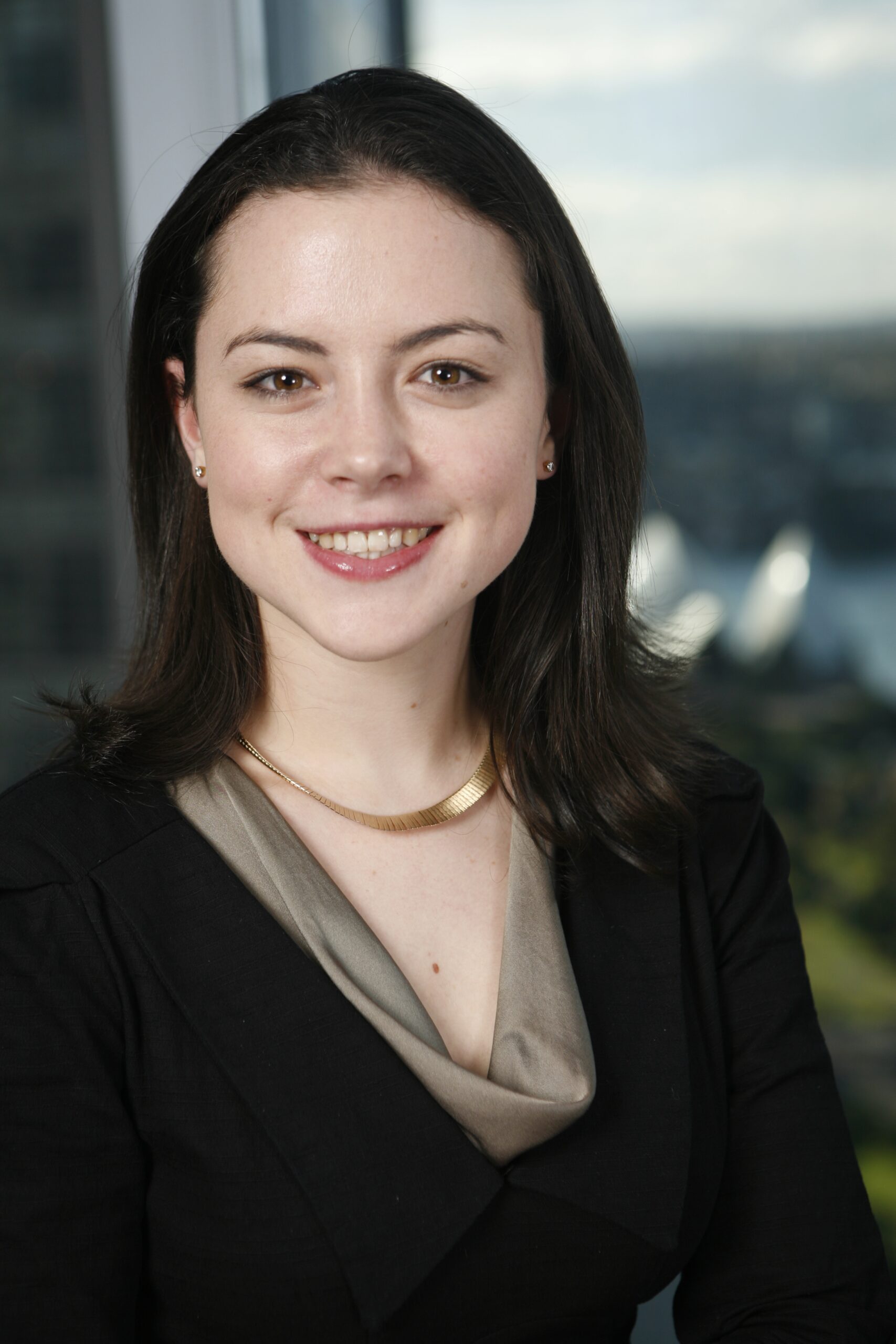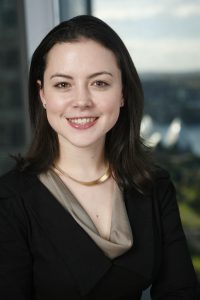Ninety nine days ago, I began asking second-year public policy students: What is one thing you learned at HKS? Their responses amount to a remarkable catalogue of life at 79 JFK Street, including:
Dean David Ellwood will accept any invitation to perform a musical number in costume.
The supply of bathrooms in Littauer will never be sufficient to meet demand between 11:31 and 11:39am.
Professor Tim McCarthy can name every cast member of “Keeping up with the Kardashians”.
Through this little project, I saw the family we have created in the 19 months between the 15-second introductions we each shared at Orientation and today’s Commencement celebration.
From this potted family history, three themes emerged:
Sing your song
Listen for the chorus
Hope for beautiful harmonies
Sing your song
The first – sing your own song – came from a classmate’s observation that “to ask what you can do is to ask first and foremost who you are”. It recalled a wonderful anecdote about a producer demanding authenticity from the legendary Johnny Cash by asking “If you had to sing one song before you die that perfectly reflects who you are, what would that song be? Sing that song.”
We’ve had here a chance to compose our song. Or at least we’ve learned we can plug the Billboard Top 100 into a Stata regression, and find out if our own song’s more Taylor Swift or Miley Cyrus.
Our class is a diverse orchestra, united only by the powerful forces of core classes, Spring Exercise and the PAE. We are from 47 US states, more than 50 nationalities, 100 previous professions, virtually every faith, racial and ethnic background, sexual orientation and political affiliation.
Among my classmates are several of my personal heroes. They have founded political movements in the earth’s most volatile lands; they run organizations and businesses that address our most difficult problems, they sit in solidarity with the oppressed and victimized.
All of which is frankly intimidating if, like me, it was occasionally a struggle to get here for macroeconomics at 10:10am on Mondays and Wednesdays. Some days, I thought my heroes and classmates should stop trying to make the rest of us look bad!
But I have learned that we cannot be our heroes, any more than our heroes can be us. Quiet whispers of the heart will hint at the opening notes of the song that that song perfectly reflects who you are – these two years have been a space to listen.
Hear every note
The second lesson, more soberly, is that my solo voice is insufficient – We must be able to really listen to every note, including those we find unbearable and offensive.
These are disappointing times for government and public life. It is tempting to look at the polarization, antagonism and cravenness of our political discourse, and feel hopeless. It is tempting to look at an opponent and see an enemy. It is tempting to see an unbridgeable chasm instead of to struggle mightily for common ground.
As we leave this place, I will be on guard against the temptation to avoid those I disagree with, whose views are unlike mine, whose songs are too different or too painful to hear. Alongside today’s joyful memories, we would do well to remember that few of us do enough to bridge divides with compassion, and that each of us could do more.
The extraordinary public servants of the coming decades must possess what Brian Mandell calls ‘vivid empathetic imagination’ and must practice what Marshall Ganz calls a ‘limitless generosity of soul.’
Hope for the beautiful harmonies
From that call to do more and do better, emerged a third lesson – that beautiful harmonies are not easy, but they are possible. Some of us will return to the work that brought us here, with renewed zeal or fresh eyes. Some of us will make a new life out of new passions. Some of us will continue to wonder about the song that perfectly reflects who we are.
Our school will have achieved its mission if we return to our professions a little more skilful. As students, our studies will have been well-spent if we emerge with a more nuanced understanding of the problems that confront our communities, nations and our world. As a graduating class, our collective job is to support each other as we compose our own song.
Today is not the last crescendo this orchestra will play together; these are only the opening bars of a concerto of friendship and collaboration that will reach across time and space.
Posing the question ‘what is one thing you learned at HKS?’ proved to be a powerful conversation-starter. No two answers were alike – every person’s song is different. The diversity of opinions was meaningful in itself – a reminder to strain continually to hear the chorus.
Collectively, the answers of my classmates testified to the joy of shared experiences, present and future and an unwavering belief in what we might accomplish together – the promise of beautiful harmonies. As for me, if all the members of the Class of 2014 were to have learned only one thing at Harvard Kennedy School, I would like it to be the simple chorus of the novelist Colum McCann – that is, to “want, quite simply, for the world to be a better place, and to be in the habit of hoping for it”.
Endnote: A selection of the ‘one thing’ that graduates learned at HKS can be found at: http://100daystograduation.blogspot.com/.
Julia Fetherston is a member of the Masters of Public Policy Class of 2014. After graduation, Julia will be re-joining The Boston Consulting Group as a consultant. She will be based mainly in Dubai and Saudi Arabia, and her client work will focus on large-scale government reform.

